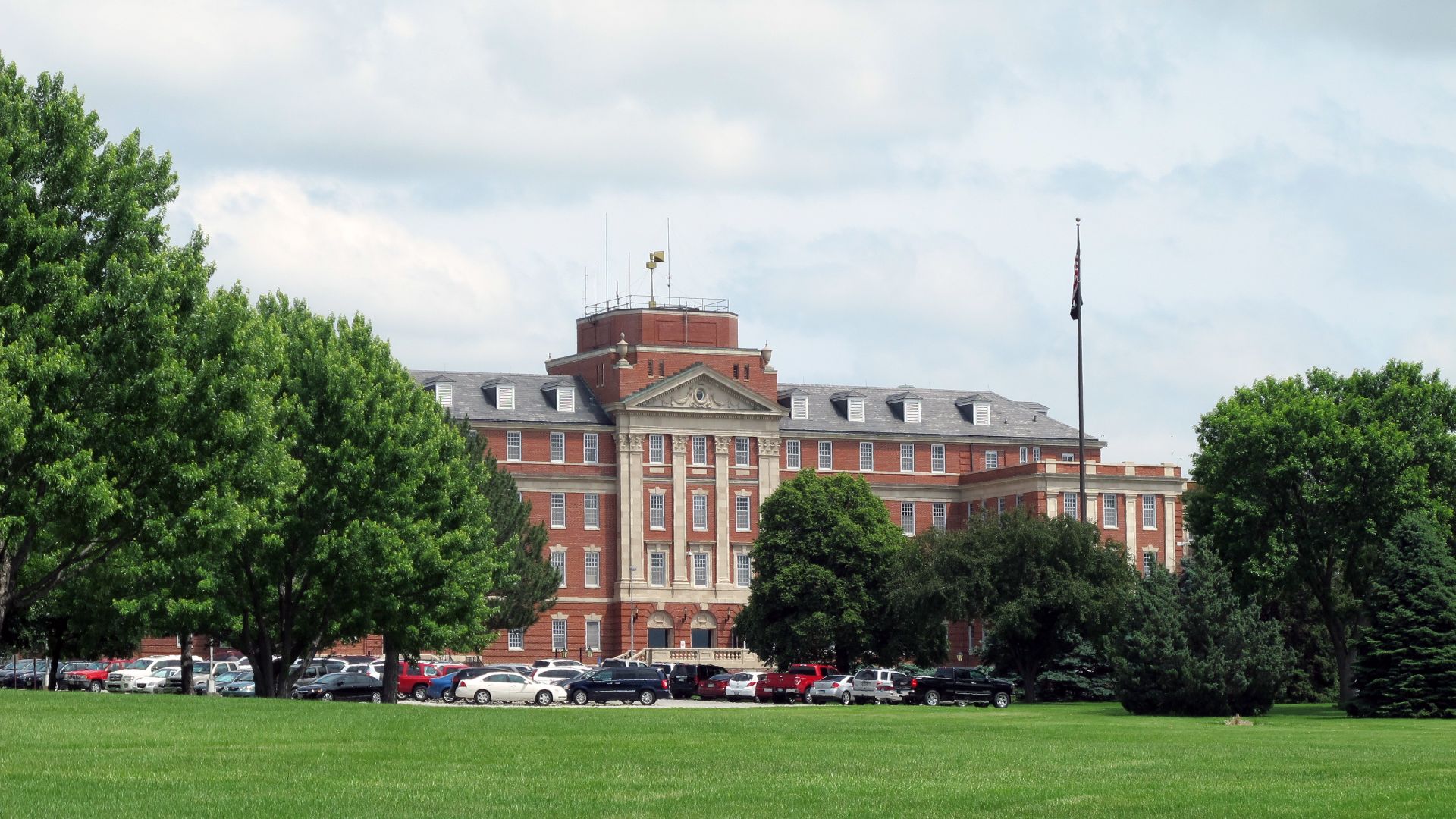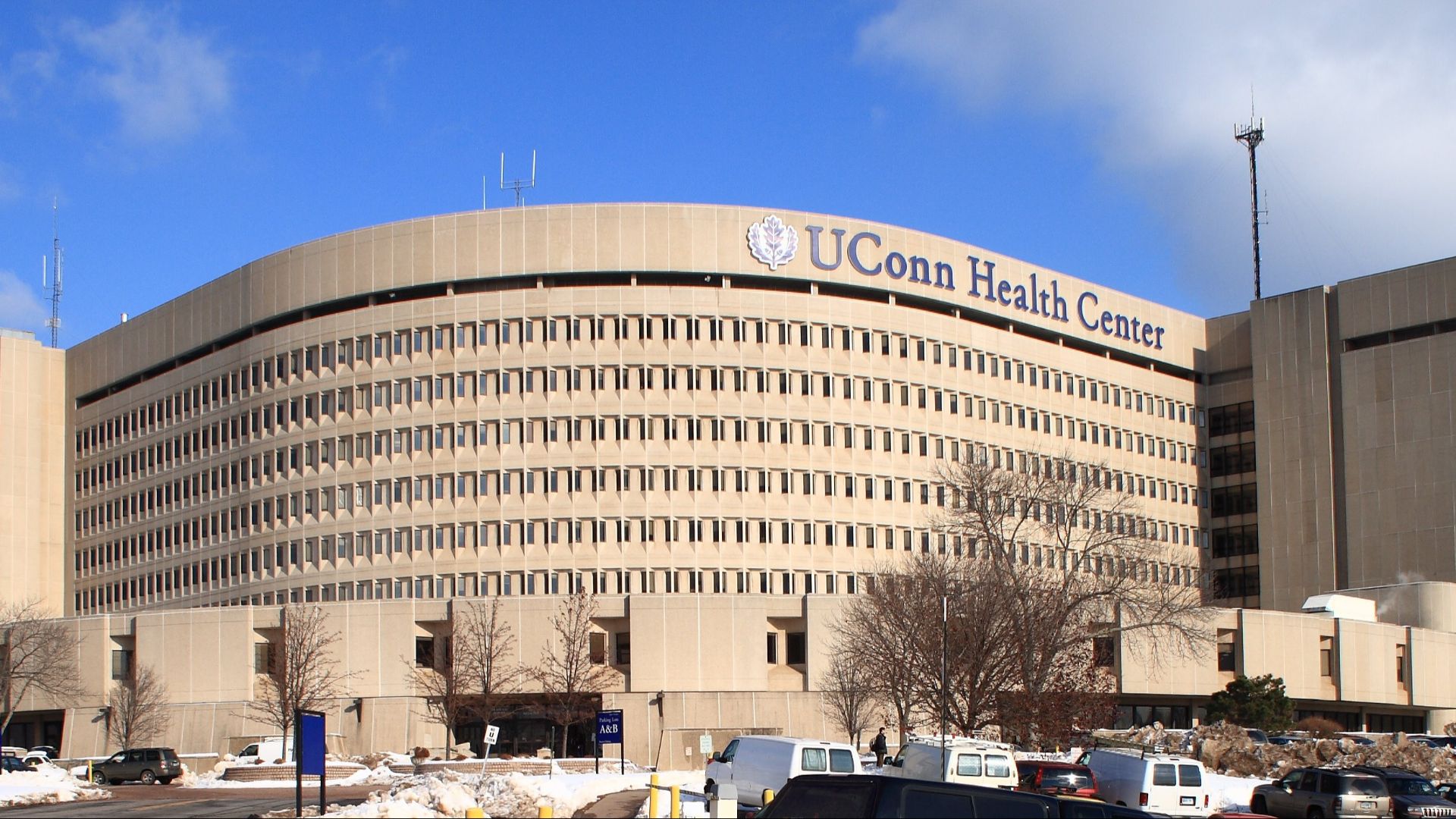Healthy Competition: Where Care Comes First
Not all healthcare systems are created equal, and depending on where you live, getting quality care can feel either seamless or like an Olympic sport. Between insurance coverage, hospital quality, access to specialists, and preventive care, some states are doing it better than others. Using data from US News & World Report, Forbes Advisor, and Kaiser Family Foundation, we ranked 20 US states with the best healthcare systems, ending with the one that consistently sets the national standard.

20. Maryland
Maryland’s healthcare landscape stands out for its “all-payer” hospital rate system, which helps keep healthcare costs consistent statewide. The state also ranks high in access to mental health and preventive care. With respected hospitals like Johns Hopkins and the University of Maryland Medical Center, Maryland’s mix of affordability and world-class expertise earns it a top-20 spot.
19. New Hampshire
New Hampshire boasts one of the lowest uninsured rates in the country—just under 6%. Residents enjoy strong access to primary care and above-average health outcomes. Dartmouth Hitchcock Medical Center anchors the state’s hospital network, while community clinics ensure care reaches even rural areas.
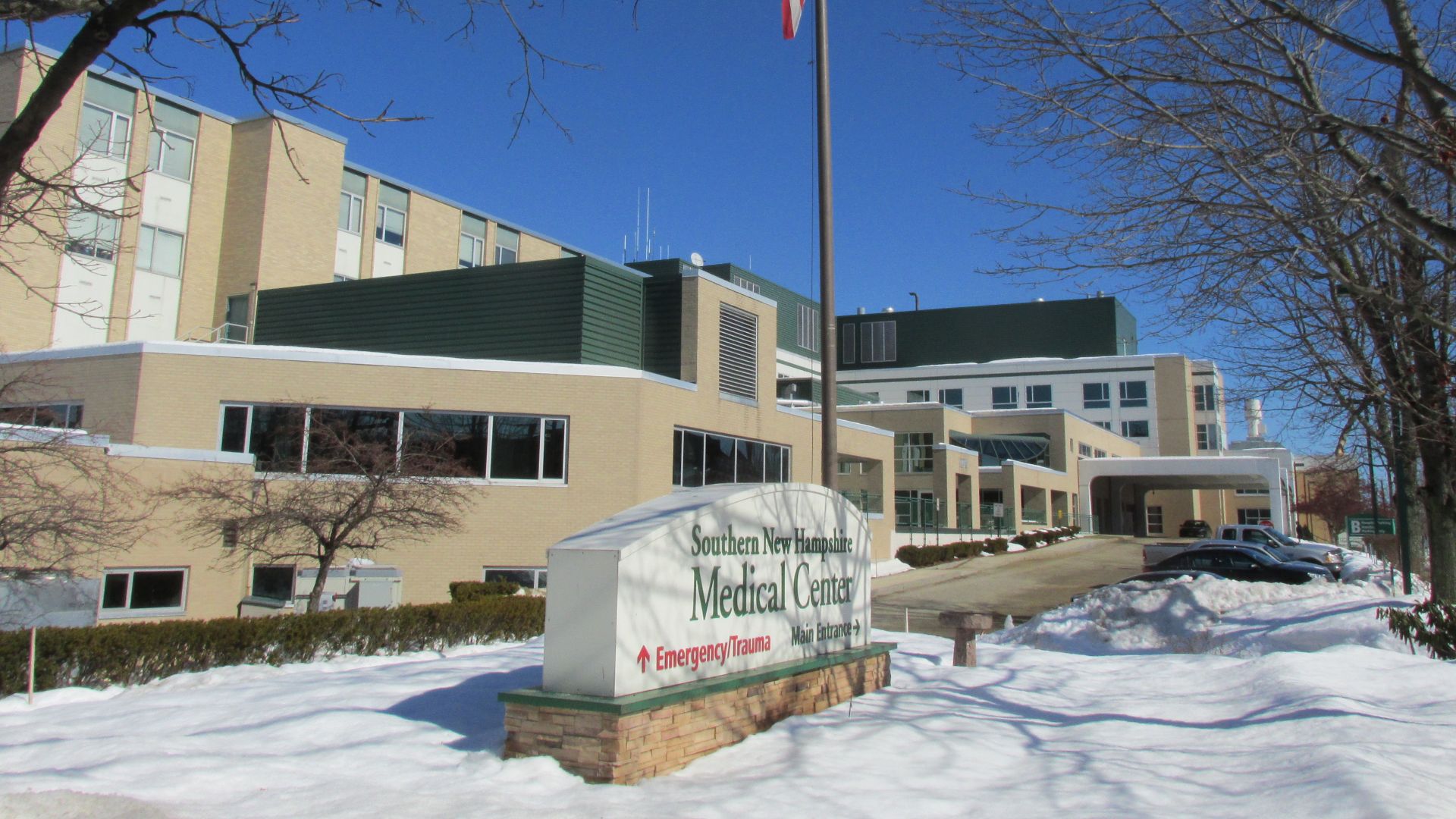 John Phelan, Wikimedia Commons
John Phelan, Wikimedia Commons
18. Iowa
Iowa’s healthcare system is praised for its stability and strong public health outcomes. With over 120 hospitals statewide, it provides consistent access even in smaller towns. Preventive care and vaccination rates remain among the nation’s best, and insurance coverage comfortably exceeds national averages.
17. Vermont
Vermont’s commitment to public health and its low uninsured rate earn it high marks. The Green Mountain State has long experimented with universal-style healthcare models and ranks well for chronic disease prevention. While its small size limits hospital numbers, its community care systems are efficient and patient-focused.
16. Utah
Utah blends a growing population with a healthcare system that’s efficient and family-focused. According to Forbes Advisor, it ranks in the top 10 for affordability and preventive care. Major institutions like Intermountain Healthcare lead in innovation and telemedicine, and the state’s relatively young, active population contributes to excellent outcomes.
 University of Utah Health Care, Wikimedia Commons
University of Utah Health Care, Wikimedia Commons
15. Oregon
With an emphasis on preventive health and coordinated community care, Oregon’s model prioritizes access over profit. Its Medicaid expansion and coordinated care organizations have dramatically reduced uninsured rates. OHSU Hospital in Portland anchors the system, offering world-class research and patient care.
14. Minnesota
Home to the world-renowned Mayo Clinic, Minnesota sets a high bar for medical innovation. Beyond that, the state performs well in patient satisfaction and public health outcomes. Nearly 95% of residents have health insurance, and preventive services are a priority across its healthcare network.
13. Rhode Island
Small but mighty, Rhode Island boasts one of the nation’s lowest uninsured rates and strong preventive care scores. The state’s integrated health networks help patients access specialists quickly. Its compact geography also makes emergency response and hospital access more efficient than most states.
 Kenneth C. Zirkel, Wikimedia Commons
Kenneth C. Zirkel, Wikimedia Commons
12. Washington
Washington’s healthcare system shines for its emphasis on access, affordability, and quality infrastructure. With over 100 hospitals and robust public health programs, the Evergreen State excels in preventive screenings and mental healthcare. It’s also a leader in telehealth adoption—a model many states now follow.
11. Hawaii
Hawaii’s Prepaid Health Care Act ensures that nearly all employed residents have insurance coverage. It consistently ranks among the top states for life expectancy and preventive care. Despite geographic isolation, Hawaii maintains high hospital quality and patient satisfaction across its islands.
10. Connecticut
Connecticut combines high-quality hospital systems with a well-insured population—less than 6% of residents are uninsured. Yale New Haven Hospital anchors a network known for heart and cancer care. The state also invests heavily in community clinics, making healthcare more equitable across income levels.
9. California
California’s size makes it a healthcare powerhouse, with over 340 hospitals ranked nationally for specialty care. It leads in telemedicine, innovation, and medical research—thanks to centers like UCLA Health, Stanford Medicine, and Cedars-Sinai. The state’s extensive Medicaid program also ensures millions of low-income residents maintain coverage, contributing to strong overall health outcomes.
8. North Dakota
North Dakota’s strong rural healthcare network and high-quality hospital system put it near the top. With low wait times, high vaccination rates, and low uninsured rates, the state performs exceptionally in preventive and emergency care accessibility.
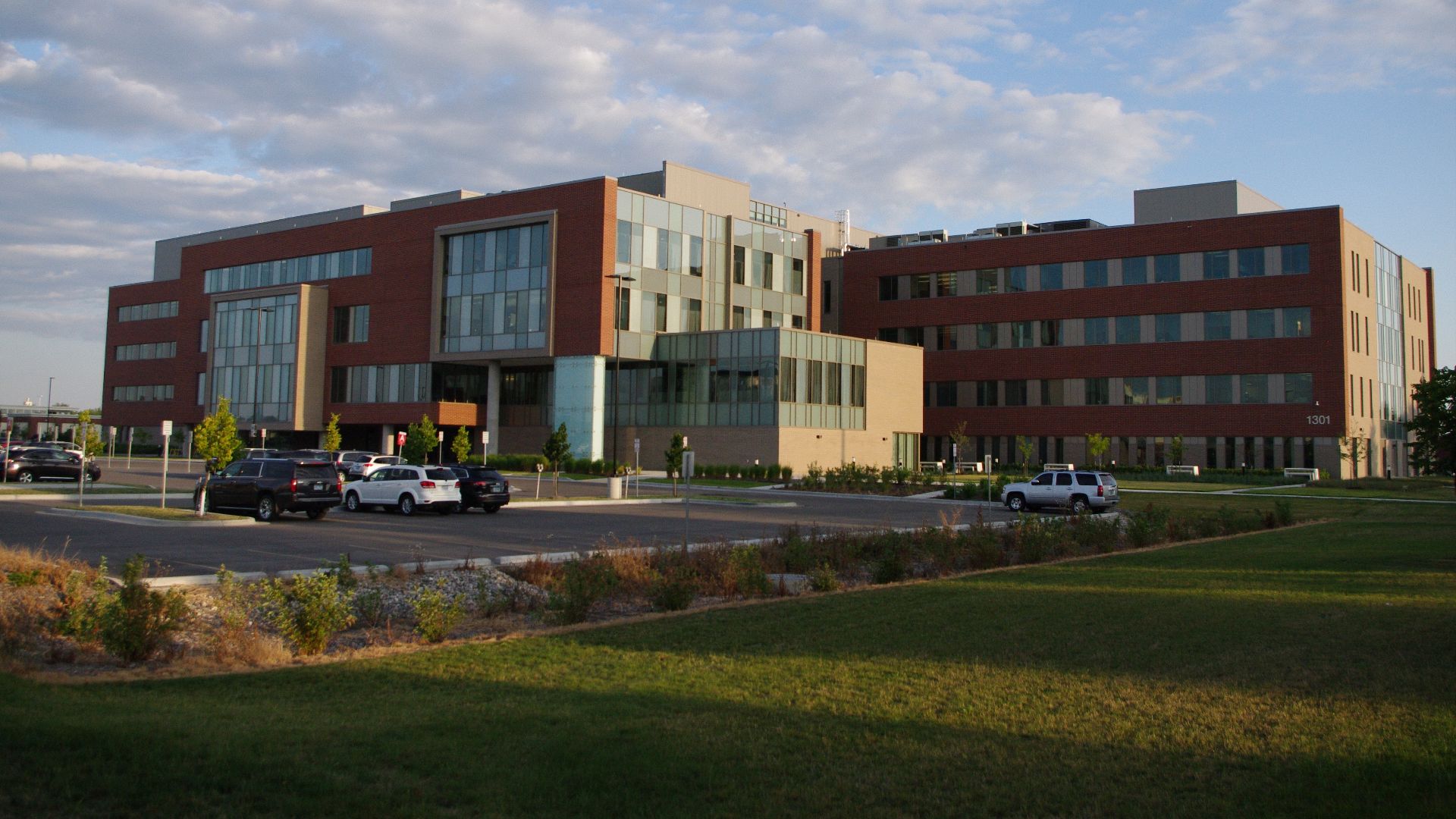 Zakary Lewis, Wikimedia Commons
Zakary Lewis, Wikimedia Commons
7. Colorado
Colorado’s focus on active lifestyles and preventive medicine pays off. The state ranks high in mental health access, wellness programs, and telehealth participation. Roughly 93% of Coloradans have insurance, and hospitals like UCHealth are nationally recognized for innovation and excellence.
 Jeffrey Beall, Wikimedia Commons
Jeffrey Beall, Wikimedia Commons
6. Wisconsin
Wisconsin consistently ranks among the best for healthcare quality and patient satisfaction. With a vast hospital network and high vaccination rates, residents benefit from accessible, affordable care. The University of Wisconsin Health system drives innovation, particularly in cancer research and pediatrics.
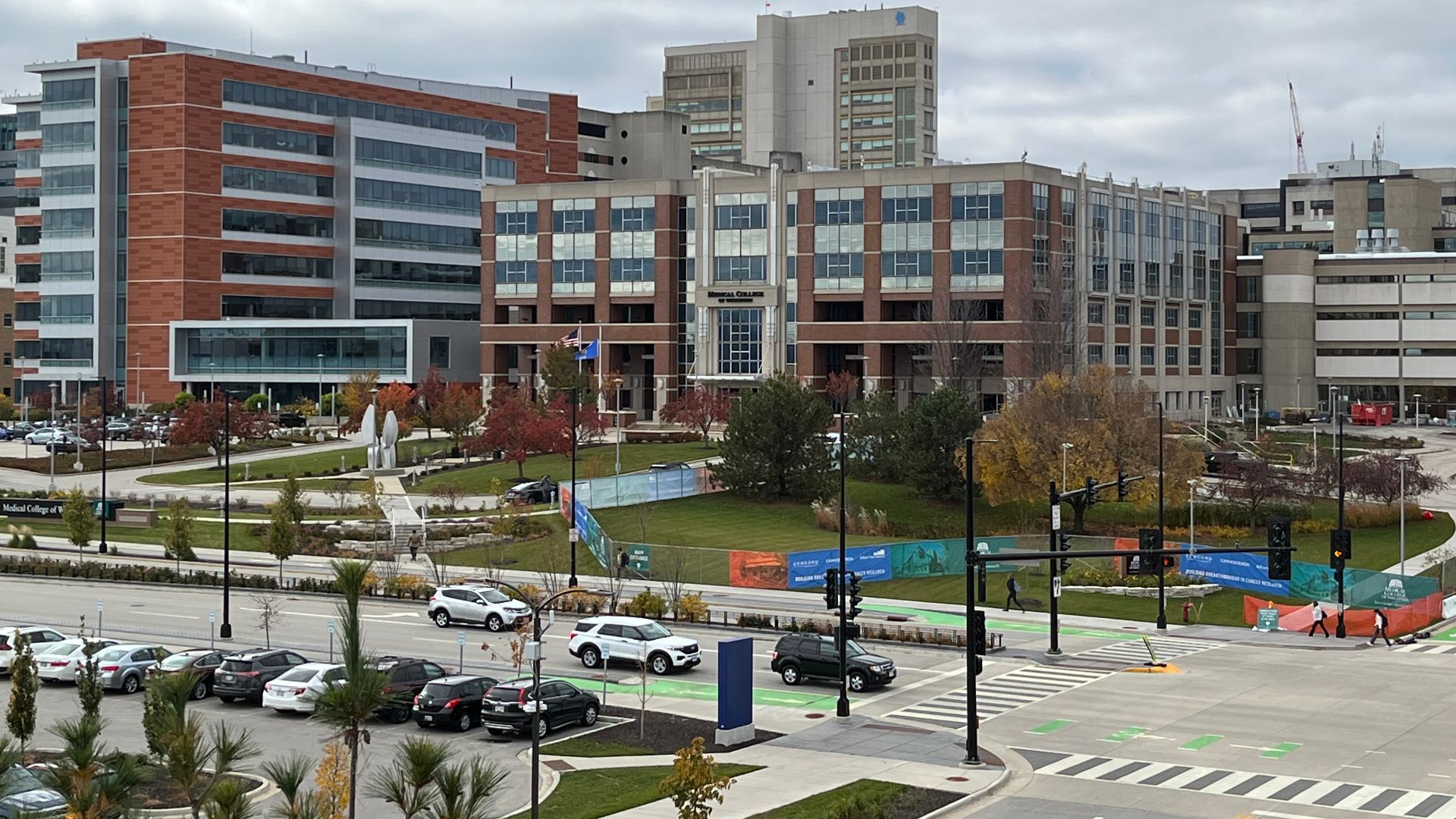 VectorizeEverything, Wikimedia Commons
VectorizeEverything, Wikimedia Commons
5. Maine
Maine’s small population allows for highly coordinated care, especially in rural regions. It boasts one of the lowest hospital readmission rates in the country. Nearly 94% of residents are insured, and healthcare quality metrics—like maternal care and emergency response—rank in the national top 10.
4. New York
New York’s world-class healthcare system makes it a national leader in access and hospital quality. The state’s network includes institutions like Mount Sinai, NYU Langone, and NewYork-Presbyterian—frequently ranked among the nation’s best. With extensive public programs and major investments in mental health and community outreach, New York provides a comprehensive model for large-scale healthcare management.
 Ajay Suresh from New York, NY, USA, Wikimedia Commons
Ajay Suresh from New York, NY, USA, Wikimedia Commons
3. Minnesota
Minnesota earns a top-three spot for its combination of innovation, accessibility, and outcomes. The Mayo Clinic sets a global benchmark for excellence, while state policies emphasize preventive care and equitable coverage. Residents enjoy some of the nation’s best patient satisfaction and life expectancy rates.
2. Hawaii
Hawaii’s focus on universal coverage, preventive health, and cultural emphasis on wellness earns it the #2 position. Its health insurance mandate, low obesity rates, and high life expectancy reflect a system that truly works. Residents here enjoy some of the most comprehensive care in the country.
1. Massachusetts
Massachusetts remains the gold standard for healthcare in America. It ranks first nationally in access, quality, and outcomes, with over 97% of residents insured. Boston’s hospital network—Massachusetts General, Brigham and Women’s, and Boston Children’s—sets the bar for clinical excellence and research. The Bay State continues to lead in innovation and patient-centered care, making it the ultimate model for modern healthcare.
 Kenneth C. Zirkel, Wikimedia Commons
Kenneth C. Zirkel, Wikimedia Commons
You May Also Like:
Ranking The States With The Worst Healthcare—According To Data
The States With The Lowest Crime Rates—Ranked According To Data
Canadian Cities That Americans “Wish They Lived In”—Ranked According To Data



